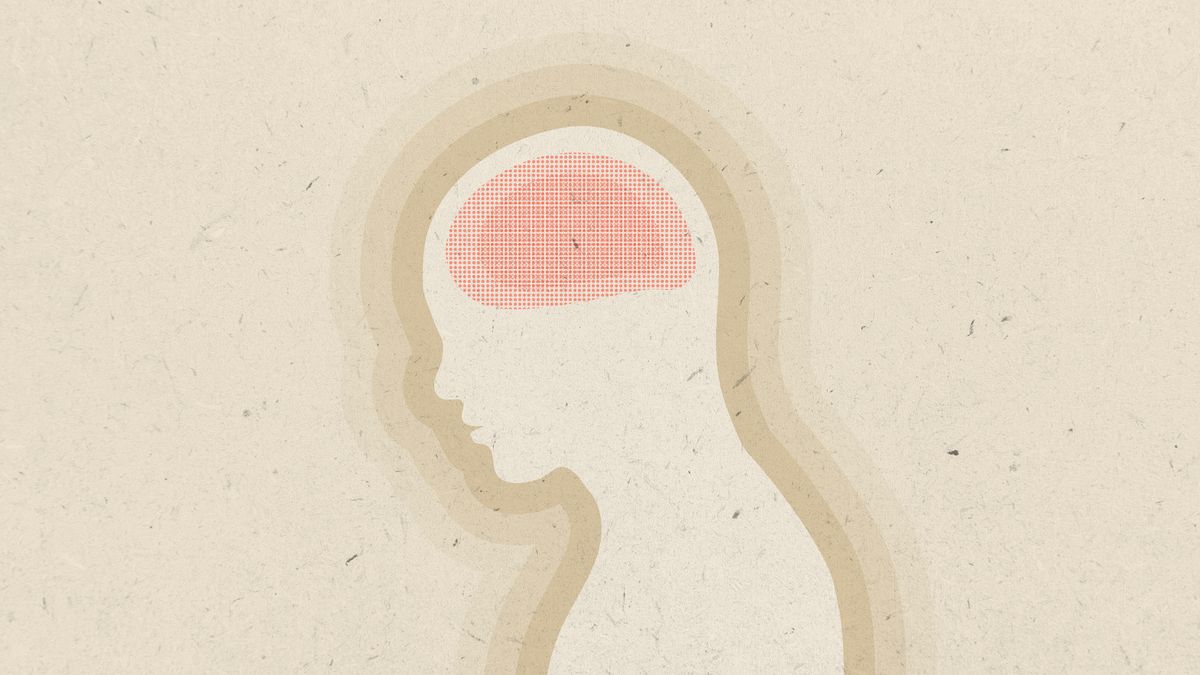Doctor explains bipolar disorder symptoms in popular video
Reddit users respond to a new study showing a link between COVID-19 and mental health conditions.

Reddit users respond to a new study showing a link between COVID-19 and mental health conditions.
This past week, a doctor’s TikTok video about bipolar disorder generated the largest uptick in online conversation about mental health. Comments on the video highlighted confusion about the symptoms of bipolar disorder and the differences between bipolar disorder and other mental health conditions. On Reddit, users discussed a study that found an association between COVID-19 infections and mental health conditions.
Questions about bipolar disorder show a need for clear information about it, as well as resources for those seeking mental health treatment and supporting loved ones living with mental health conditions. Discussions about COVID-19 and mental health provide an opportunity to promote COVID-19 vaccines as a means of protecting mental health, especially now that updated vaccines are available.

Insights brought to you by the reporters and science writers of Public Good News (PGN), a nonprofit newsroom dedicated to improving community health.
What’s trending nationally in conversations about mental health
On August 23, a U.K. doctor created a TikTok video explaining the symptoms of bipolar disorder and highlighting the difference between mood swings that everyone experiences and the significant mood changes associated with bipolar disorder. The video received approximately 460,300 views, 10,500 likes, and 250 comments as of August 28. In the comments, many TikTok users asked about the differences between bipolar I and bipolar II, as well as the differences between bipolar disorder and borderline personality disorder, which also involves fluctuations in mood. Some shared their own struggles to get diagnosed with bipolar disorder and the medications that have helped them.
A recent study found that getting infected with COVID-19 is associated with higher rates of depression, anxiety, and other mental health conditions, particularly among unvaccinated people and those who were hospitalized with COVID-19. Several news articles covered the study’s findings, and those articles spread across multiple social media platforms—primarily X and Reddit, although the posts received minimal engagement. In response to a Reddit post about the study, some users asked questions about the effectiveness of COVID-19 vaccines, and others shared their own experiences with the mental health impacts of COVID-19.

Recommendations brought to you by the health communication experts behind Infodemiology.com.
Recommendations for public health professionals
Each week, the Infodemiology.com team will provide messaging recommendations in response to some of the trending narratives outlined above. These helpful tips can be used when creating content, updating web and FAQ pages, and developing strategy for messaging about mental health.
In response to conversations about bipolar disorder, communicators may share materials outlining the symptoms, the differences between bipolar I and bipolar II, treatment options, and tips for supporting loved ones living with bipolar disorder. Recirculating general mental health resources—such as support groups, the 988 Suicide & Crisis Lifeline, and local mental health centers—is recommended. Given the stigma that people with bipolar disorder face, ensuring that all materials avoid stigmatizing language when discussing mental health is paramount.
The recent study linking COVID-19 infections to mental health conditions provides an opportunity to emphasize the importance of COVID-19 vaccination in mental health materials. Now that updated vaccines are available, communicators may also refresh materials outlining the benefits of COVID-19 vaccines to include information about how getting vaccinated may protect mental health, along with preventing severe illness, hospitalization, long COVID, and death.
